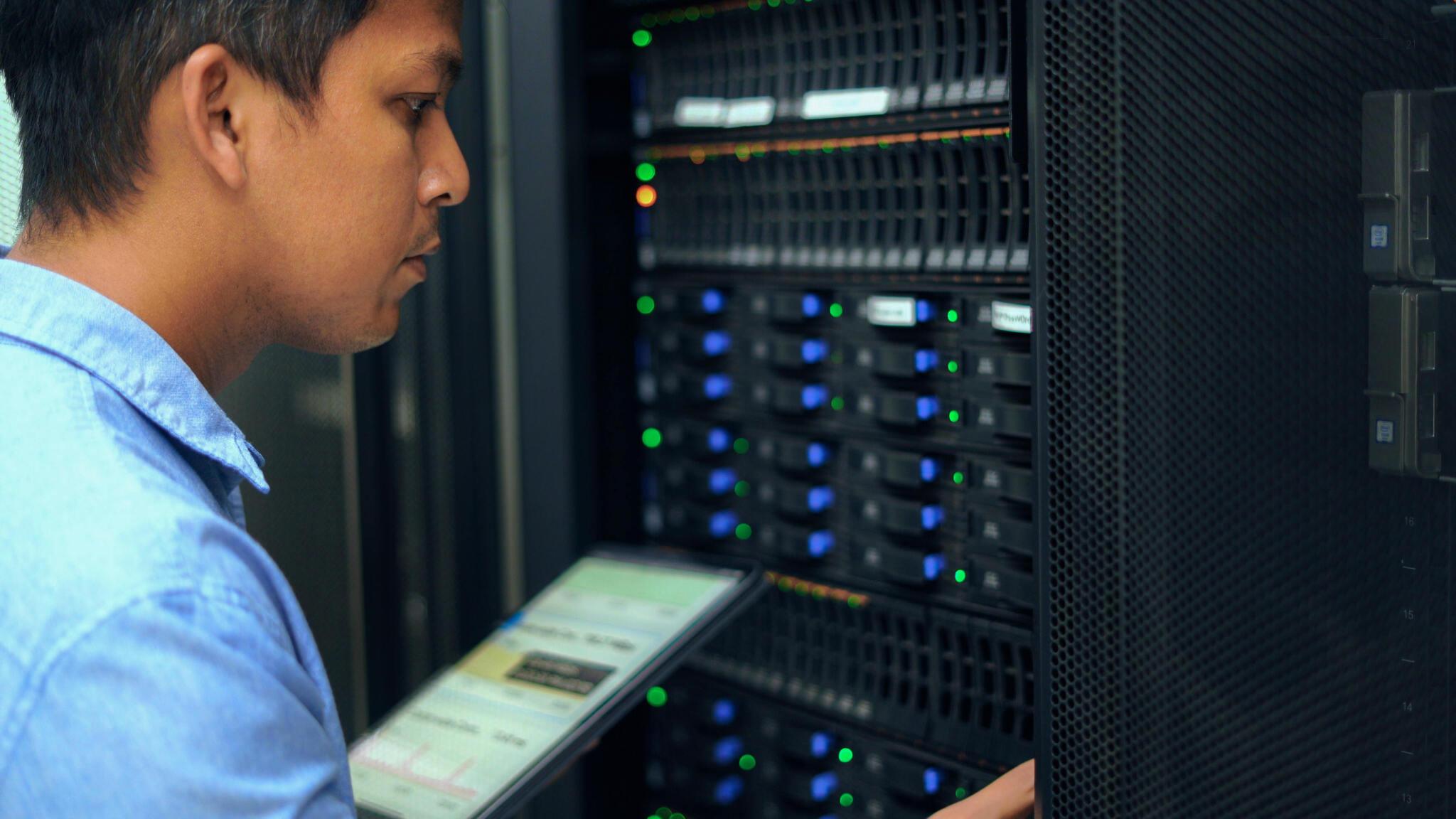Introduction:
In the ever-evolving landscape of cybersecurity, organizations are constantly on the lookout for robust solutions to safeguard their networks and sensitive data. One such stalwart in the realm of network security is FortiGate, a comprehensive and sophisticated firewall appliance developed by Fortinet. FortiGate stands out as a multifaceted security solution, offering a plethora of features designed to protect against a wide range of cyber threats. In this article, we will delve into the world of FortiGate, exploring its key features, capabilities, and the critical role it plays in fortifying network infrastructures.
Understanding FortiGate:
FortiGate is a next-generation firewall (NGFW) that goes beyond traditional firewall capabilities by integrating advanced security functions. It is designed to provide comprehensive protection against various cyber threats, including malware, ransomware, phishing attacks, and more. The FortiGate firewall combines firewall, antivirus, intrusion prevention, VPN (Virtual Private Network), and other security features into a single, unified platform.
Key Features of FortiGate:
- Firewall Protection:
At its core, FortiGate functions as a firewall, implementing stateful inspection to monitor and control incoming and outgoing network traffic based on predetermined security rules. This ensures that only authorized and legitimate traffic is allowed, while potential threats are blocked. - Intrusion Prevention System (IPS):
FortiGate employs an Intrusion Prevention System to identify and thwart malicious activities. By analyzing network and application traffic, the IPS can detect and prevent various types of attacks, including buffer overflows, SQL injections, and other exploits. - Antivirus and Anti-Malware Protection:
FortiGate incorporates robust antivirus and anti-malware engines to scan and block malicious content. This includes real-time scanning of files and attachments to prevent the spread of malware within the network. - Virtual Private Network (VPN):
FortiGate is equipped with VPN capabilities, allowing organizations to establish secure and encrypted connections between remote offices, branch locations, and mobile users. This ensures that sensitive data is transmitted securely over the internet, protecting it from interception or unauthorized access. - Web Filtering:
To enhance web security, FortiGate includes web filtering features that allow organizations to control and monitor internet access. Administrators can set policies to block access to specific websites or content categories, reducing the risk of malware infections and ensuring compliance with acceptable use policies. - Application Control:
FortiGate offers granular control over applications running on the network. This enables organizations to manage and prioritize the use of specific applications, optimizing network performance and ensuring that critical business applications receive the necessary resources. - SSL Inspection:
With the proliferation of encrypted traffic on the internet, SSL inspection has become crucial for identifying and blocking threats within encrypted communications. FortiGate can decrypt and inspect SSL/TLS-encrypted traffic to detect and prevent hidden threats. - Advanced Threat Protection:
FortiGate employs advanced threat protection mechanisms, including sandboxing, to analyze suspicious files in a controlled environment. This proactive approach helps identify and mitigate emerging threats before they can infiltrate the network. - Centralized Management:
FortiGate devices can be centrally managed through the Fortinet Security Fabric, providing a unified interface for configuring and monitoring security policies. This centralized management simplifies the task of maintaining consistent security across distributed network environments. - Scalability and Performance:
FortiGate appliances are available in a range of models, allowing organizations to choose a solution that aligns with their specific performance and scalability requirements. This flexibility ensures that FortiGate can adapt to the evolving needs of businesses of all sizes.
Use Cases and Deployment Scenarios:
- Enterprise Networks:
FortiGate is a popular choice for securing large enterprise networks. Its robust features, scalability, and centralized management make it suitable for organizations with complex network infrastructures that require a comprehensive security solution. - Branch Offices:
FortiGate is well-suited for securing branch office networks. Its ability to establish secure VPN connections between branch locations and the main office ensures that remote offices remain integrated into the organization’s secure network. - Cloud Security:
As organizations increasingly migrate to cloud environments, FortiGate provides cloud-native security solutions. Integration with cloud services and platforms allows businesses to extend their security posture to virtualized and cloud-based infrastructures. - Critical Infrastructure Protection:
Industries such as energy, healthcare, and finance, which rely on critical infrastructure, benefit from FortiGate’s robust security capabilities. It helps safeguard against cyber threats that could have severe consequences on essential services. - Education Institutions:
FortiGate is also widely adopted in educational institutions to protect sensitive student and faculty data. Web filtering and application control features help manage internet access and ensure a secure online learning environment.
Conclusion:
In the dynamic landscape of cybersecurity, FortiGate stands tall as a versatile and powerful solution for protecting networks against an array of cyber threats. Its combination of traditional firewall capabilities, advanced threat protection, and centralized management make it an invaluable asset for organizations seeking to fortify their defenses.
As the threat landscape continues to evolve, FortiGate remains at the forefront, adapting to emerging challenges and providing innovative solutions. Whether deployed in enterprise networks, branch offices, or cloud environments, FortiGate plays a pivotal role in securing critical assets, ensuring business continuity, and maintaining the integrity of sensitive information. In an era where cyber threats are omnipresent, FortiGate stands as a stalwart guardian, ready to defend against the ever-evolving adversaries of the digital realm.









